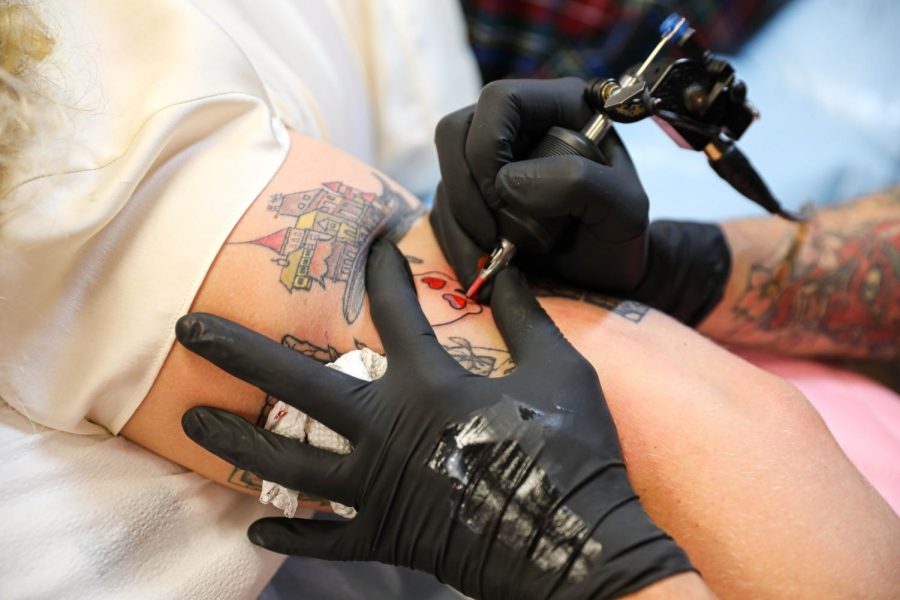Eating healthy can be tricky in college, since school seems to dictate the daily habits of most students. But according to New Orleans-based nutritionist and registered dietician Corey Walsh, making time to eat is essential to maintaining a healthy diet.
“It’s crucial that we get sufficient amounts of fuel throughout the day. Refueling periodically inhibits overeating and promotes choosing wisely,” Walsh said.
She advises eating within an hour of waking up in the morning and spacing out meals throughout the day to sustain energy. Molly Kimball, a registered dietitian, also emphasizes the importance of an eating schedule.
“Timing is important. The body has to heat up to digest and absorb food, so you’re causing these small spikes in calorie burns throughout the day. Try not to go more than four or five hours without eating so you’re not going into a metabolic slow-down,” Kimball said.
Well-balanced meals and snacks are just as important to a healthy diet as consistent eating patterns.
Walsh recommends eating meals and snacks that are a balance of complex carbohydrates, proteins and fat. Complex carbohydrates, like whole grain products, provide the initial burst of energy needed to get through the day. Proteins, like the ones found in leans meats and beans, keep your stomach full until your next snack or meal. Fats, found in oils and nuts, hold you over for an extended time frame.
But for students like Susan Baughman, sociology junior, finding time to maintain a healthy, well-timed diet is made difficult by her hectic course load.
“I have classes all day with little time in between to eat, let alone make a meal. If I had the time, I would make soup and a sandwich or a big salad, but I have like 10 minutes in between class, and I can’t make it home to eat,” Baughman said.
While to some, “snacking” may seem like another four-letter-word, nutritionists acknowledge that a healthy pick-me-up can contribute to stabilizing your metabolism. However, there is a wrong way and a right way to go about it.
“Don’t go for your weaknesses. Know what they are. If you know you’re going to finish a box of crackers, don’t choose them. Find a snack with an end, like a single pack of popcorn to satisfy the hand-to-mouth habit,” Kimball said.
Other guiltless snacks Kimball vouches for include nutrition or protein bars, dry cereal in a cup or a plastic bag, or a dry ranch dip packet mixed with plain Greek yogurt. She calls the dip a “salty protein” that pairs nicely with veggies, whole-grain crackers or baked tortilla chips. Things to avoid are items such as 100-calorie packs and breakfast bars.
“These things are marketed as healthy equivalents, but are just as bad as eating Bunny Bread or jelly beans,” Kimball said.
Dieting pills are also marketed as a healthy option to jump-starting weight loss. Kimball disparages this phenomenon, highlighting the health risks associated with the “get thin quick” scheme.
“If they’re going to cut appetite and increase metabolism, this significant stimulant effect will also increase heart rate and act on the central nervous system. This could lead to seizure, stroke or heart attack,” Kimball said.
Nicole Kaufman can be reached at nakaufma@loyno.edu













